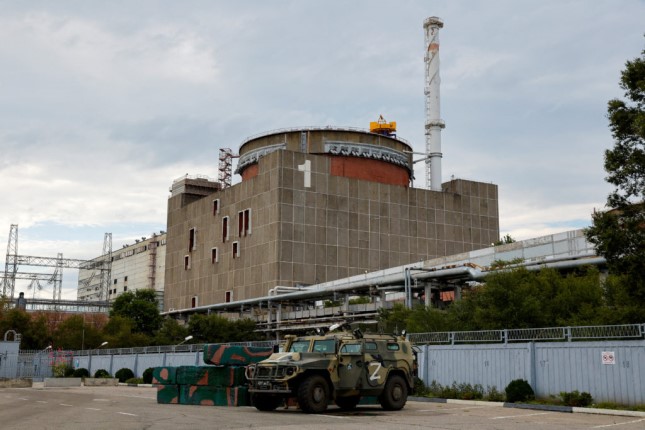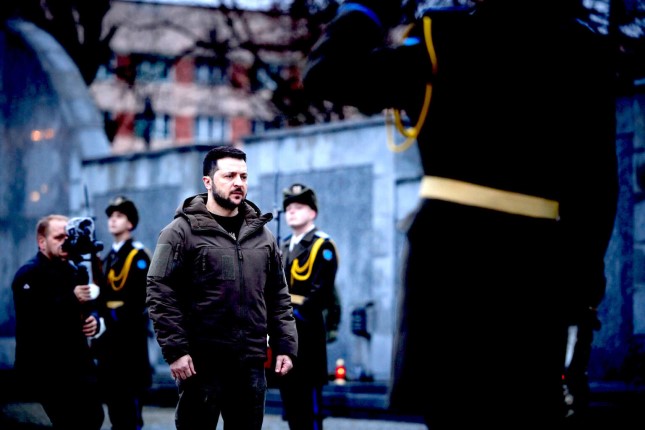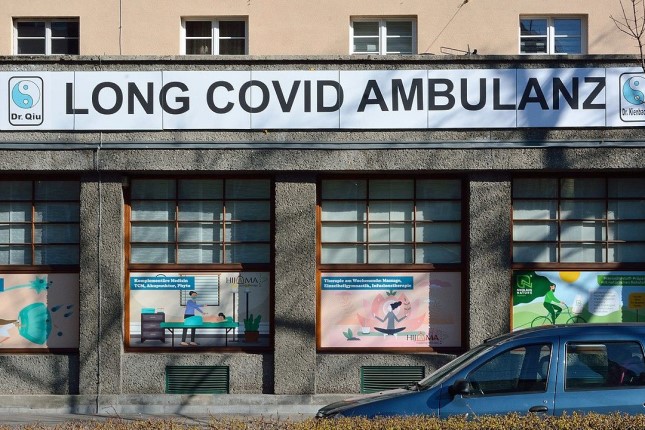The International Atomic Energy Agency (IAEA) said Wednesday that its inspectors have seen no sign of explosives at the Russian-controlled Zaporizhzhia Nuclear Power Plant (ZNPP) in Ukraine despite claims from Kyiv that Russia had planted bombs.
According to an IAEA press release, Director-General Rafael Grossi said the agency’s experts “have in recent days and weeks inspected parts of the facility — including some sections of the perimeter of the large cooling pond — and have also conducted regular walk-downs across the site, so far without observing any visible indications of mines or explosives.”
The press release said Grossi has requested more access to the ZNPP, specifically the “rooftops of reactor units 3 and 4 is essential, as well as access to parts of the turbine halls and some parts of the cooling system at the plant.”
Grossi said with “military tension and activities increasing in the region where this major nuclear power plant is located, our experts must be able to verify the facts on the ground. Their independent and objective reporting would help clarify the current situation at the site, which is crucial at a time like this with unconfirmed allegations and counter allegations.”
Ukrainian President Volodymyr Zelensky claimed on Tuesday that Russia planted explosives at the ZNPP. The General Staff of the Armed Forces of Ukraine said an attack could happen in the “near future” and claimed Russia would try to make it look like the damage to the plant was caused by Ukrainian shelling.
Russian officials are now accusing Ukraine of plotting to blow up the facility using a dirty bomb. The Kremlin said Wednesday that the risk of Ukraine carrying out a sabotage attack at the ZNPP was “really high.”
The ZNPP is in Ukraine’s southern Zaporizhzhia Oblast and has been controlled by Russian forces since March 2022. It has been the scene of fighting throughout the war as Ukraine launched failed attacks on the plant to recapture the facility last fall. At the time, Ukraine blamed shelling on the Russian-controlled plant on Russian forces.
Source: AntiWar.































